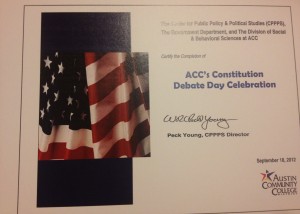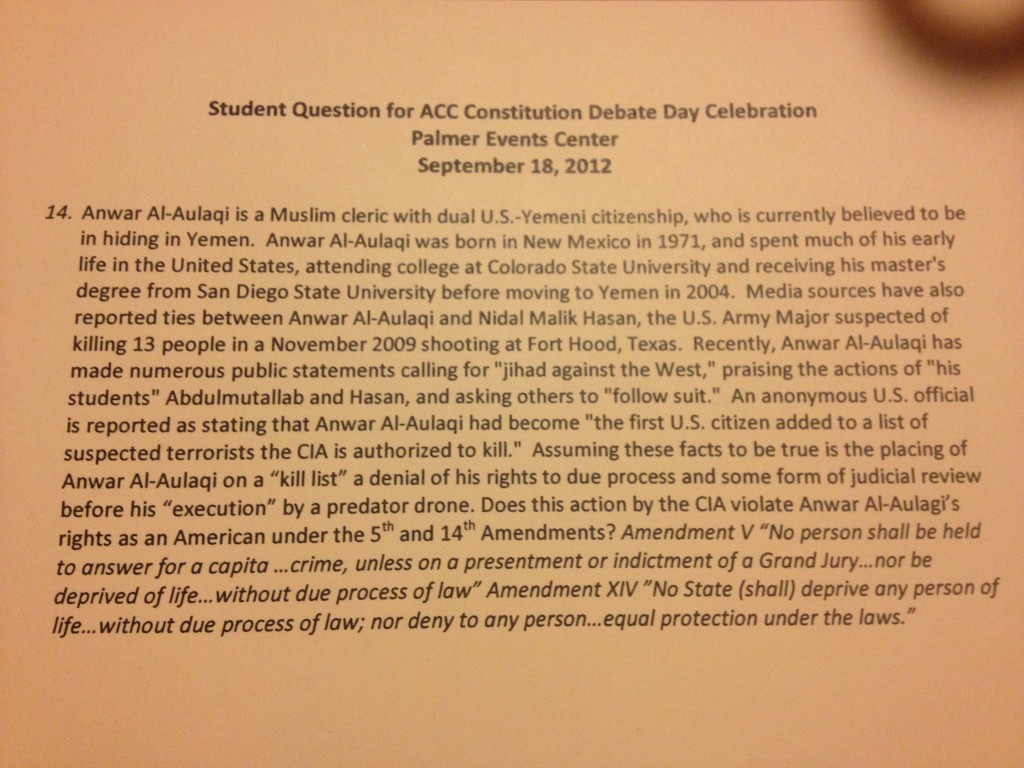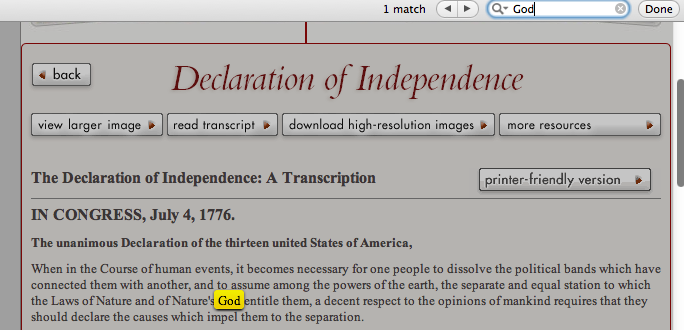5 Surprising Things I Learned Infiltrating An Armed Militia, Harmon Leon, Cracked, August 03, 2015
The sound of gunfire rang off in the distance. Tense and paranoid, the backroom of the Westside Pistol Range felt like an Alex Jones discussion board come to life. Amalia arrived late with a lot on her mind. She shuffled through a handful of notes from her independent research on a nightmare anti-Utopian vision of America in which citizens are rounded up by their own government and placed in giant concentration camps. “They could just take us — because they kind of own us!” she stated with certainty.
The group listened intently. A large man behind me chimed in, his words accented by gunshots: “When the banks fail, they can confiscate our assets and not pay us back,” he said. Then he added that what Amalia mentioned could be found in a secret military manual called Civilian Management.
The 15 members present were frustrated, and wanted to take control of their lives in an America which they see as spinning out of control. Most importantly, these patriots wanted to hold on to their guns, so as to be armed against “unconstitutional” orders from an increasingly tyrannical government.
These are the Oath Keepers, a nonpartisan (but libertarian-leaning) organization whose members call themselves “Guardians of the Republic.” Founded in 2009 by Yale-educated attorney, former army paratrooper, and Ron Paul staffer Stewart Rhodes, their mission is to defend the Constitution against all enemies both foreign and domestic. The Oath Keepers’ core membership is largely comprised of active duty and retired police officers, firefighters, and military. Since Hurricane Katrina, they’ve feared that martial law will be instigated during future disasters and land every American in a 24/7 FEMA camp. Their motto: “Not on our watch!”
America’s Fragile Constitution, Yoni Appelbaum, The Atlantic, October 2015 Continue reading


![By ErgoSum88 (Own work) [Public domain], via Wikimedia Commons By ErgoSum88 (Own work) [Public domain], via Wikimedia Commons](http://crypticphilosopher.com/wp-content/uploads/2014/06/Texas.jpg) A now-former neurosurgeon at a Dallas hospital is accused of
A now-former neurosurgeon at a Dallas hospital is accused of ![By Constitution_Pg1of4_AC.jpg: Constitutional Convention derivative work: Bluszczokrzew (Constitution_Pg1of4_AC.jpg) [Public domain], via Wikimedia Commons By Constitution_Pg1of4_AC.jpg: Constitutional Convention derivative work: Bluszczokrzew (Constitution_Pg1of4_AC.jpg) [Public domain], via Wikimedia Commons](http://crypticphilosopher.com/wp-content/uploads/2014/04/320px-Constitution_We_the_People-300x108.jpg)



